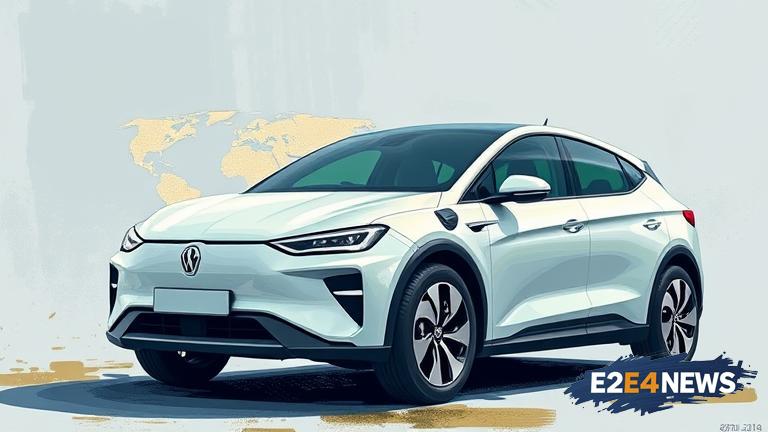The Indian government has announced a comprehensive plan to promote the adoption of electric vehicles (EVs) in the country. The plan includes a range of incentives and initiatives to encourage the use of EVs, including tax breaks, subsidies, and investment in charging infrastructure. The government has set a target of having at least 30% of new vehicle sales be electric by 2030. To achieve this goal, the government will provide subsidies to manufacturers of EVs, as well as to buyers of electric cars and two-wheelers. The subsidies will be in the form of tax breaks and rebates, and will be available for a period of three years. The government will also invest in the development of charging infrastructure, including the installation of charging stations along highways and in urban areas. Additionally, the government will promote the use of EVs in public transportation, including buses and taxis. The plan also includes initiatives to encourage the adoption of EVs in rural areas, where access to charging infrastructure may be limited. The government will work with private companies to develop new business models for EVs, including battery swapping and leasing. The plan is expected to create new job opportunities in the EV sector, including in manufacturing, sales, and maintenance. The government has also announced plans to develop new technologies to support the adoption of EVs, including advanced battery technologies and smart charging systems. The plan is part of the government’s broader strategy to reduce the country’s dependence on fossil fuels and to reduce greenhouse gas emissions. The government has set a target of reducing emissions by 33% by 2030, and the promotion of EVs is seen as a key part of this effort. The plan has been welcomed by the automotive industry, which sees it as a major opportunity for growth and development. However, some experts have raised concerns about the feasibility of the plan, citing the need for significant investment in charging infrastructure and the lack of availability of EV models in the market. Despite these challenges, the government is confident that the plan will be successful, and that India will become a leader in the adoption of EVs. The plan is also expected to have a positive impact on the environment, by reducing emissions and improving air quality. The government will monitor the progress of the plan and make adjustments as needed, to ensure that the targets are met. The plan is a major step forward for India’s EV sector, and is expected to have a significant impact on the country’s transportation landscape. The government is committed to supporting the growth of the EV sector, and to making India a hub for EV manufacturing and innovation. The plan is also expected to create new opportunities for foreign investment, as companies look to take advantage of the growing demand for EVs in India. Overall, the plan is a major initiative to promote the adoption of EVs in India, and is expected to have a significant impact on the country’s economy and environment.





